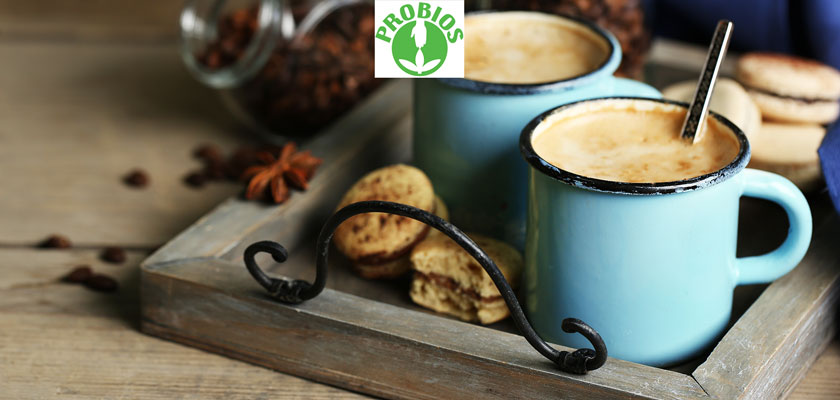
Coffee, the traditional awakening drink that is served over 2 billion times every day in the world, and that guarantees an income for 25 million farmer families in the tropical regions[1], has nowadays raised, in the consumers, the awareness of the economical and environmental impact of the brands we find on the shelves.
According to Leonardo Becchetti, Political Economics professor at the University of Tor Vergata, consumers would in fact be more likely to award or penalize, with their purchases, the companies, according to their ethical commitment.
A positive trend, that represents an useful trigger for the coffee farmers in the poor countries, in order to climb up the value chain in their sector.
That’s what comes to light from a research conducted by the University, that displayed in the biggest supermarkets of Northern Italy a classification from Oxfam on food companies, ranked according to some key parameters: the use of the land, the respect of gender equality for the workers, the economical help to the small farmers, the rights of the workers, the reduction of emissions and water consumption in the supply chain.
The consumers answered showing extreme sensitivity to that list and, doing groceries, they chose the most reliable companies.
That’s how we can activate a “vicious cycle”, that Probios promotes and supports on the front line since the beginning, carefully selecting the producers and guaranteeing accurate controls on the supply chain.
The coffee used in Probios’ mixtures comes in fact from a small community of native Indians of Central America. Here, the farmers take part to a social project that safeguards the native tribes and evaluates their cultural and spiritual heritage. This way, the farmers can have a stable and fair price, and the blends are processed in Italy, toasted and packaged to offer the real taste of quality.
The line, 100% organic certified, offers a wide range to satisfy the taste of everyone: 100% Arabic, green coffee, Barley coffee, Ginseng, Decaf, Hemp Coffee and Chicory drink.





